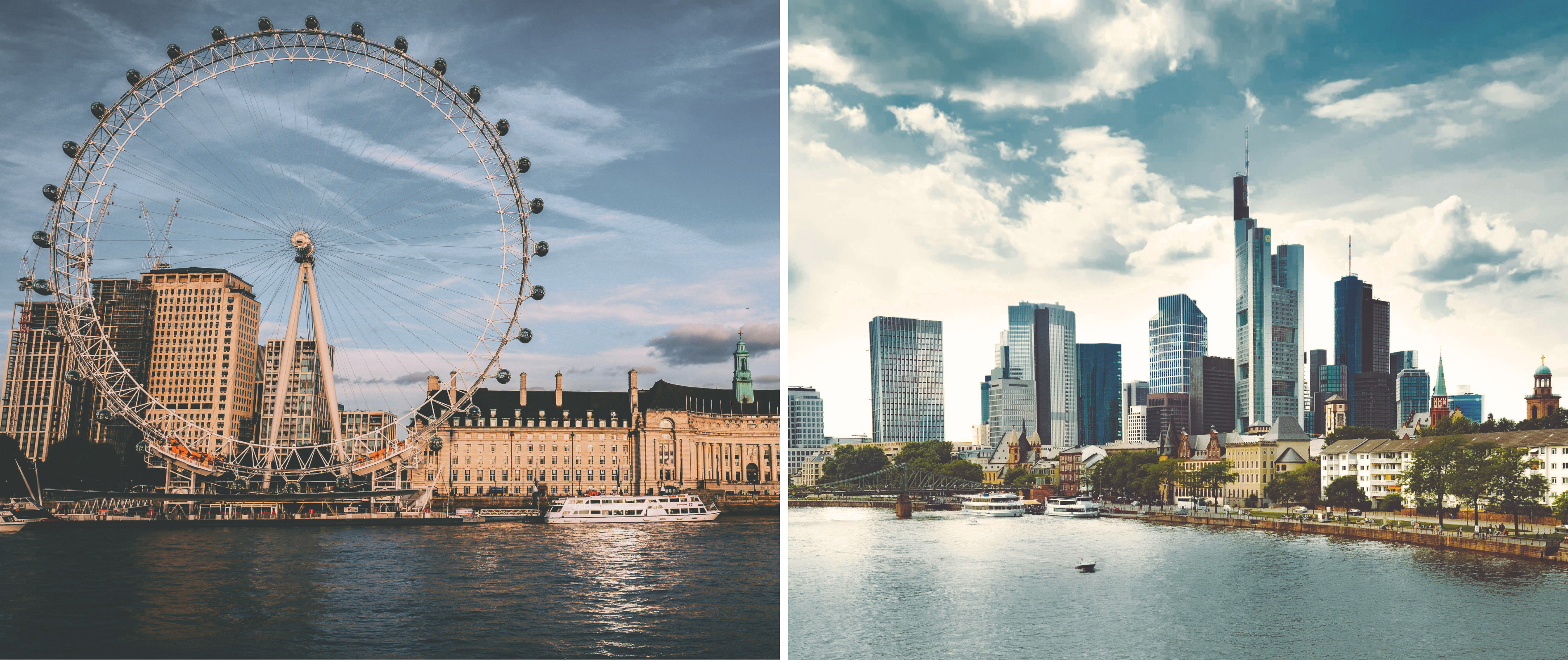
Relocating to Germany has always been popular with the British, as it is one of Europe’s most dynamic countries, offering a nice mix of modernity and diversity. Thanks to the various monarchies and earldoms that emerged during its history, each German city and town has its own distinct personality.
Three most important things when you move to Germany
Finding a Place to Live in Germany
There’s no shortage of options when it comes to finding a place to live in Germany, but it is best to start looking before you move there. The simplest, most direct method is to ask your colleagues and friends if they know a place you can buy or rent.
The biggest city in Germany is Berlin with a population of approximately 3.4 million followed by Hamburg with more than 1.7 million. If you’re interested in living in a cosmopolitan city with plenty of nightlife, architecture and art, Berlin is the top choice, but if you’re moving to Germany and want to live in a green city with a rich history, you should consider relocating to Munich, the Bavarian capital; filled with classical architecture and museums. Other fine cities for expats are Frankfurt, one of Germany’s financial hubs, and Hamburg, famous for its nightlife and harbours.
A word of warning: it can be difficult to find a place to rent in Berlin, as so many people want to live there. You need a specialist company, or friends to help you. You may have to take on a three year lease.
Things to Consider before Moving
Purchasing property in Germany isn’t as costly as in the UK, but if you are having difficulty finding a place you should consider using the services of a relocation expert, who can tell you what choices are available and are within your means.
If you were able to hire the services of a removal company in the UK and getting ready to move, keep the following in mind: First ensure your documents, particularly your passport, is updated, and don’t forget to get the E111 certificate for health cover while you are in Germany. You also have to inform the authorities of any medication you want to bring along when you move, and you have to mention the specific amounts. While removal companies will help move your belongings, it’s up to you to plan the journey ahead. Also, since public administration offices and banks are closed Friday afternoon until Monday morning, avoid arriving in the country on the weekend. Most shops in German cities and towns close at 4 o’clock in the afternoon on Saturdays, and they’re usually closed Sundays, though bars and restaurants are open. Remember that exchanging your Euros can be difficult, so carry only the amount you need. However, the Bureau de Change services at railways and airports are open at night and even during the weekends, so if you need travellers’ cheques or foreign currency, they are the place to go to. For Expats moving to Germany, the following web site is a mine of useful information http://www.toytowngermany.com/
If you’re serious about moving to Germany make sure you hire a reliable company to handle your removal to Germany. Plan ahead, comply with the regulations and then enjoy your new life abroad.
 Is Germany or the UK the Best Choice for Expats?
Is Germany or the UK the Best Choice for Expats?Is Germany or the UK the Best Choice for Expats? Choosing between Germany and the UK as your…
 Is There a Nursing Shortage in Germany?
Is There a Nursing Shortage in Germany?Is There a Nursing Shortage in Germany? Germany is facing a critical nursing shortage, a situation that has…
 Munich vs Berlin: Where to live in Germany?
Munich vs Berlin: Where to live in Germany?Munich vs Berlin: Where to live in Germany? Choosing between Munich and Berlin depends significantly on your personality…
 My Life in Germany: Daily Life in Berlin
My Life in Germany: Daily Life in BerlinMy Life in Germany: Daily Life in Berlin My daily life encompasses the essence of the explorer and…